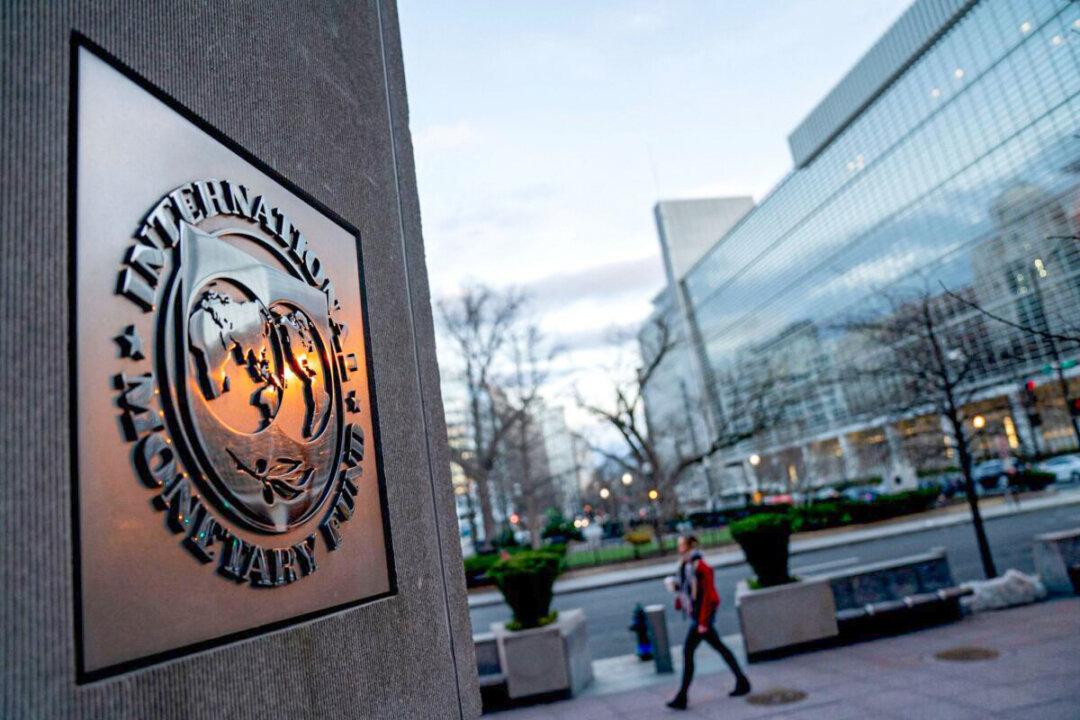The emergence of the Omicron variant of the novel coronavirus has seen the world economy off to a worst start in the 2022 new year than anticipated, according to the International Monetary Fund (IMF).
As the pandemic approaches the start of its third year, the IMF has said, in an update to its October World Economic Outlook, that inflation is higher and more extensive than predicted due to increasing energy prices and disruptions in supply chains.





